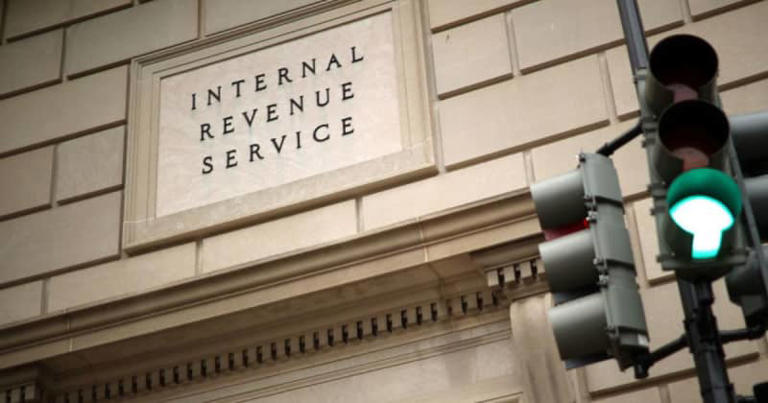The Internal Revenue Service (IRS) is intensifying its efforts to ensure tax compliance by sending out over 125,000 compliance letters to individuals who have not paid their taxes. This initiative is part of the IRS’s allocation of funds under the Inflation Reduction Act.
The CP59 notices, indicating a failure to file taxes, will cover the tax years from 2017 through 2021. Among the recipients, 25,000 individuals with incomes exceeding $1 million who failed to file a return will receive letters. Additionally, more than 100,000 letters will be sent to individuals with incomes ranging from $400,000 to $1 million who did not file their taxes.
It’s worth noting that some individuals may receive multiple letters, thereby exceeding the total number of individuals notified to pay taxes. The IRS identified these non-filers by examining third-party information such as W-2 forms and 1099 forms to identify individuals who received income but did not file tax returns.
While the IRS cannot determine the exact amount of tax revenue it will recover from these cases due to uncertainties regarding credits and deductions, it estimates that the total financial activity associated with these non-filers exceeds $100 billion. The IRS acknowledges that while some non-filers may owe taxes, others may be entitled to refunds.
This comprehensive effort underscores the IRS’s commitment to ensuring tax compliance and closing the tax gap, which is crucial for maintaining the integrity of the tax system and preserving government revenue.
The IRS remains steadfast in its efforts to address tax non-compliance among millionaires, having collected nearly $500 million from targeting 1,600 millionaires thus far, with ongoing efforts in this area. Leveraging artificial intelligence, the IRS is scrutinizing 75 of the nation’s largest partnerships to enhance its enforcement capabilities.
Danny Werfel, the IRS commissioner, emphasized the importance of tax compliance, particularly among higher-income individuals, stating that failing to file a tax return is a fundamental form of non-compliance that cannot be tolerated. He underscored the IRS’s commitment to addressing tax evasion and ensuring that all taxpayers fulfill their civic duty.
David Kass, executive director of the nonprofit Americans for Tax Fairness, echoed the sentiment, expressing concern over the non-compliance of wealthy individuals and emphasizing the importance of IRS enforcement to ensure that everyone plays by the same rules.
In line with its enforcement efforts, the IRS has expanded its workforce by hiring approximately 5,700 people within the past year, as reported by Reuters, citing a Treasury Department official. These recruitment efforts demonstrate the IRS’s dedication to bolstering its enforcement capabilities and upholding tax compliance standards.
